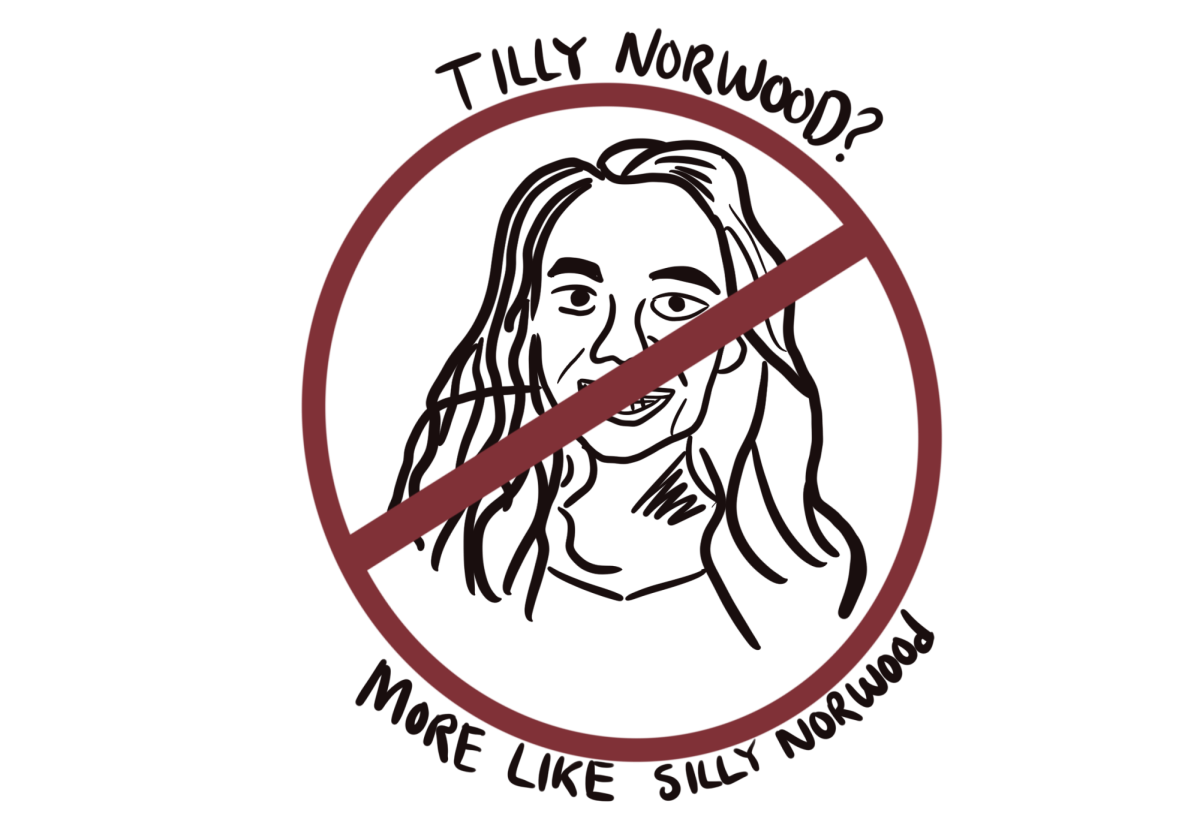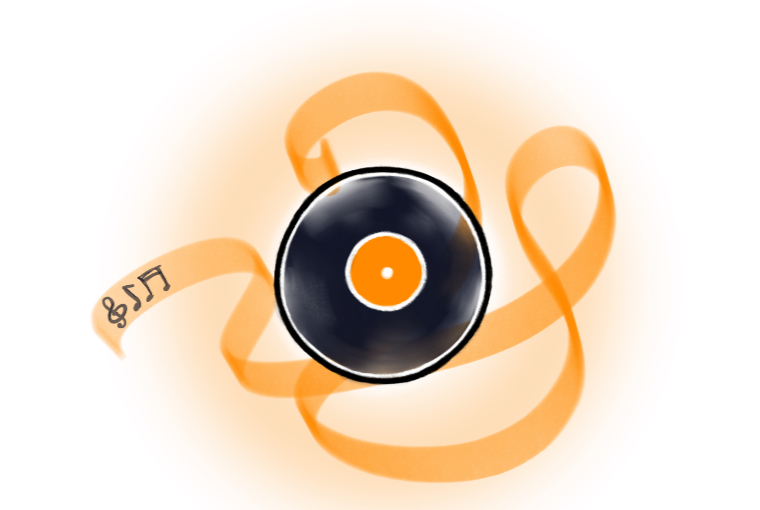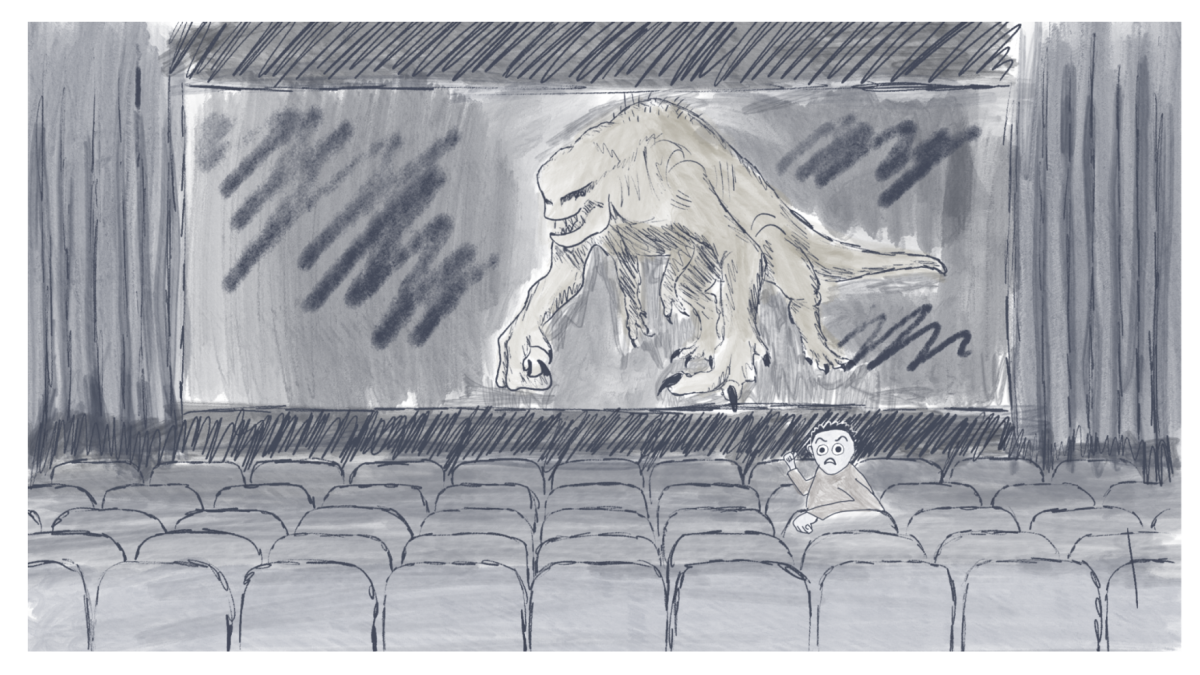There is an episode of “Family Guy” where Brian, the ultra-liberal dog, makes a 180-degree shift by supporting Republican conservatism. It so just happens that his dramatic change in ideology occurred at the time when America as a whole seemed to be favoring the left wing. Lois tells Brian, “I think you just got to be in the ‘out’ group. Whoever’s on top, whoever’s in power, whoever’s successful, you gotta be on the other side or you don’t feel like the smartest guy in the room. All you are, my dear, is a contrarian.”
That, friends, is Pitchfork Media in a nutshell.
Granted, Pitchfork’s review of Muse’s new album, The 2nd Law, is pretty spot on. For the most part, however, the website tends to hate things worth loving, like kittens, puppies and As Tall As Lions. Pitchfork will remain loyal to Arcade Fire, Sufjan Stevens and Wolf Parade. After all, Pitchfork brought them into the world. From the day those artists arrived on the planet and stepped into the sun, blinking, Pitchfork was there for them. God forbid, however, that a band do well without Pitchfork’s help.
The reviewers do not seem to be fans of the artist’s oldest friend: influence. If an emerging band is ever so slightly lacking in originality, Pitchfork deems it unworthy. Most artists, in some way, copy bits and pieces from great musicians past. There is a reason why on Facebook band pages there is an “Influenced by” paragraph in the “About” section. So why are similarities such a crime to the good people at Pitchfork?
Bias against borrowing aside, the overall language of Pitchfork’s reviews leave something to be desired. Almost every review of an album or track scoring less than an eight out of 10 contains wording that is, in general, rather disdainful. When this is paired with Pitchfork’s overwhelming influence on the hipster population, the reader of these reviews typically walks away skeptical of the artist in question.
This is all very well and good; Pitchfork is, of course, a website centered on music critique. The fact remains, however, that followers of Pitchfork tend to do whatever the reviewers tell them to do. Unfortunately, all this does is give wannabe music snobs even more firepower in their unbearable pretension.
Also, Pitchfork ranked the album of a young man whose lyrics include “Tell me that pussy is mine” higher than The Black Keys’ Brothers. What?
Luckily, there are plenty of other music blogs on the Internet that do not follow the lines that Pitchfork has set. Metacritic, a site that reviews all things entertainment, gives readers more room to decide themselves whether or not they like an album. The site compiles reviews ranging in rank from a collection of critics, Pitchfork among them, allowing music lovers to examine a variety of perspectives.
Some of the best blogs are the ones that are somewhat community-based. Best Indie Rock Playlists or BIRP! is everything needed in a music blog. It houses the typical music blog necessities: interviews, videos, etc. Then there are the reviews, which are done both by the people who run the site and the people who visit the site. The staff is also typically in open conversation with users of the site, taking in and considering their opinions. The best part, though, is the monthly playlists the admins put together for the general enjoyment of their audiences. These playlists, out at the beginning of every month, can be torrented which is illegal, kiddos, so please avoid that. Also, these artists typically need the money or streamed directly from the site.
It might not be fair to compare Pitchfork to these other blogs. Pitchfork’s articles are written by paid professionals, who probably have some sort of quota of unfavorable reviews to fill. Blogs like BIRP! and Did.You Hear The New Mixtape? likely attract a very different blogger than Pitchfork. The main point here, though, is that the latter do not necessarily dictate what we should and should not listen to. Pitchfork, on the other hand, would likely be unable to survive without that power.





